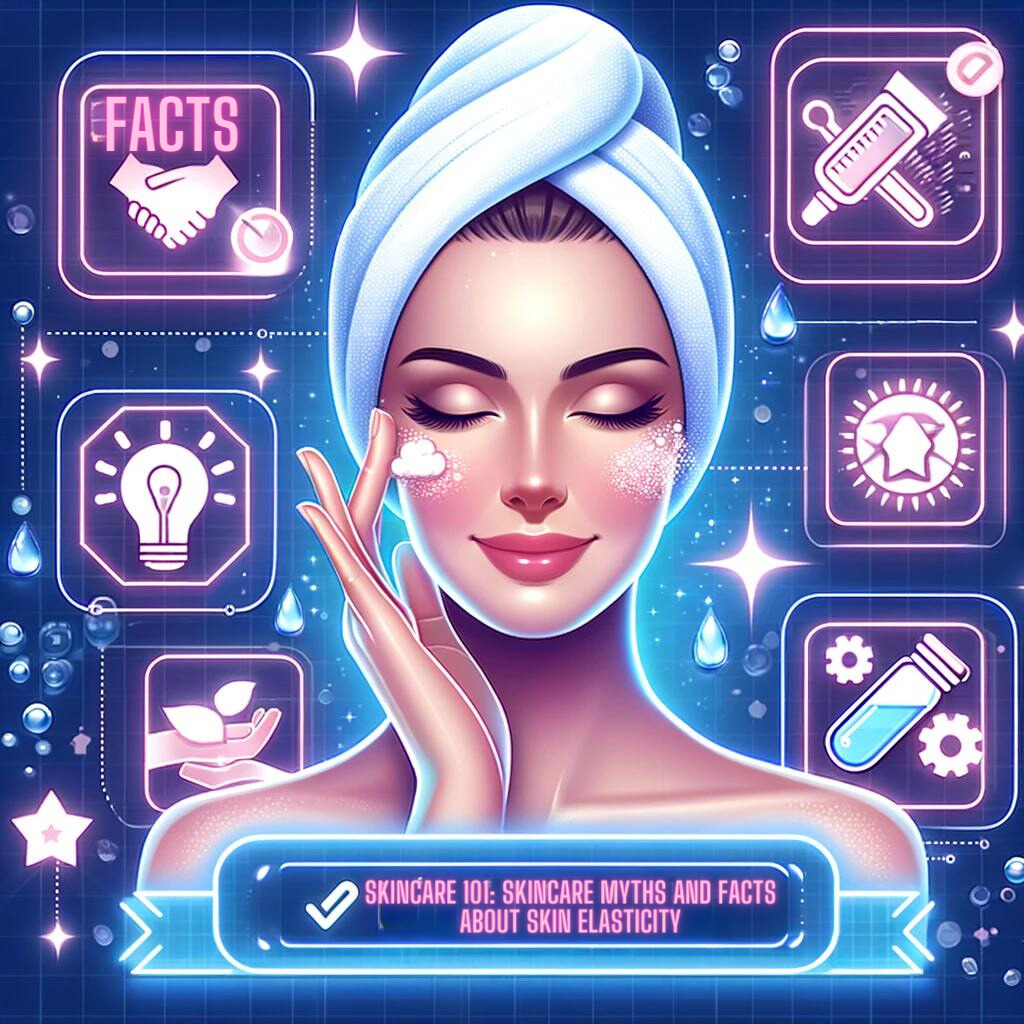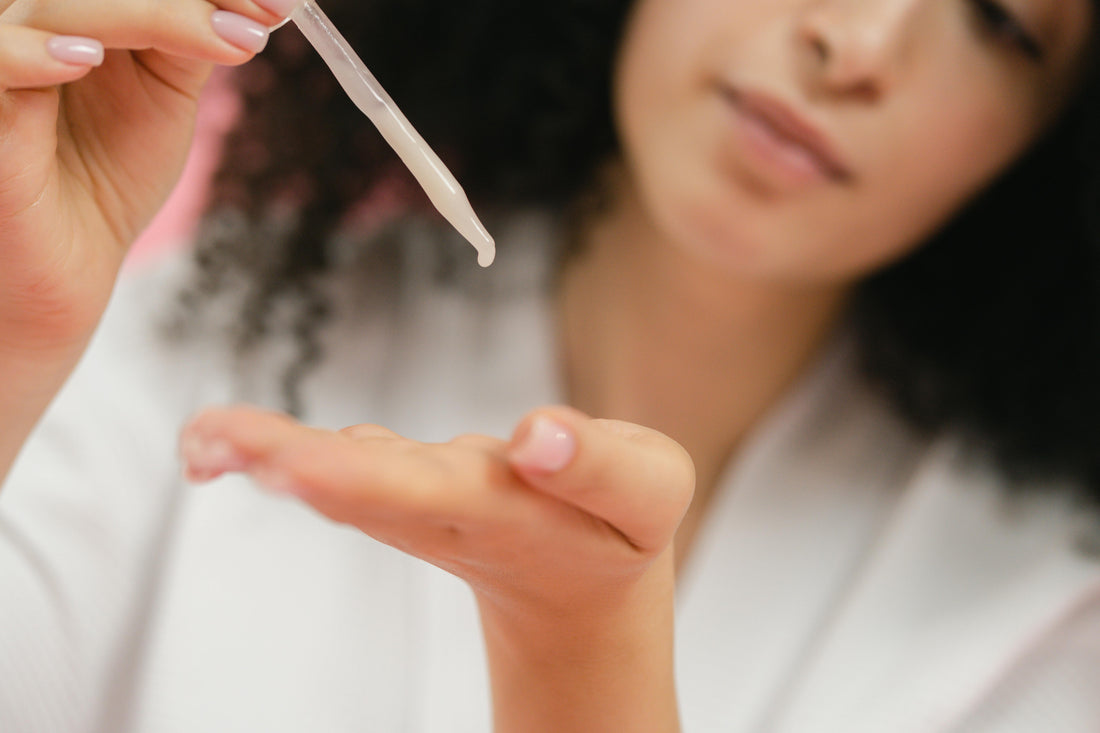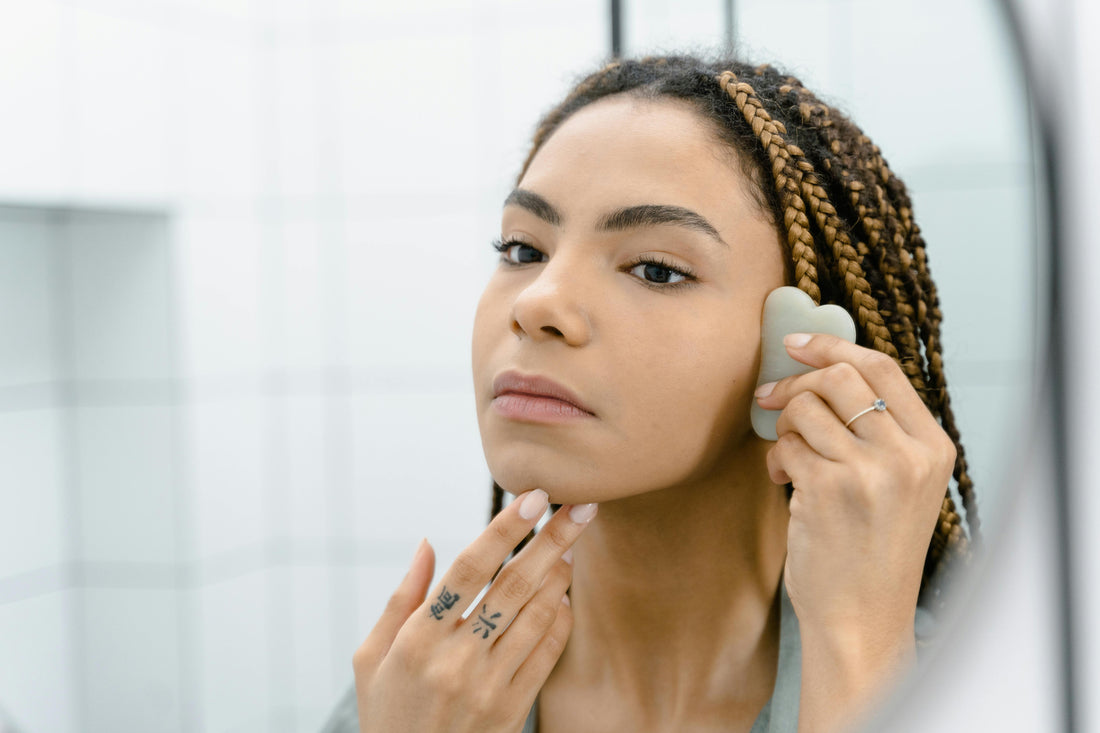As we grow older, we all tend to shift our focus towards maintaining our youthful complexion, something that we absolutely took for granted in our earlier years. As we age, our skin naturally begins to change in both look and feel, losing elasticity and showing more fine lines and wrinkles. To preserve that sought-after supple, radiant glow for as long as possible, it’s crucial to put in the effort to sustain our skin elasticity.
But with the constant chase of that youthful, radiant glow, it’s easy to get distracted by the endless variety of skincare ‘facts’ out there. How do you wade your way through the misinformation to identify the facts behind maintaining your skin elasticity? We’ve been there before and are happy to help get you on your way. Keep reading to discover some of the top facts and myths we’ve recently spotted around the world of skin elasticity.
The Ins and Outs of Skin Elasticity
Before we dive into the many myths surrounding skin elasticity, it’s important to first take a step back and take a deeper look at what skin elasticity actually is and why we should all care so much about it.
In layman’s terms, skin elasticity refers to the ‘bounce’ in your skin that keeps it looking soft, supple, and tight. As we age, we naturally begin to lose skin elasticity as the process of collagen and elastin production begins to slow down within our skin. Collagen and elastin are crucial building blocks of the skin, keeping it firm and supporting its structure, resulting in more ‘elastic’ or tight. When we begin to lose collagen, our skin will slowly begin to become lax and sag, resulting in more visible fine lines and wrinkles. A youthful, smooth, and radiant complexion is often associated with higher skin elasticity and more supple, firm skin.
Now that we’ve laid out the basics of skin elasticity, let’s jump into the rampant myths and facts that you’ll find when deep-diving into this realm of anti-aging skincare and skin maintenance.
Myth: Your genes will determine how many wrinkles you have.
While your genes do play a crucial role in skin elasticity and the formation of wrinkles, they are not the only determining factor. In reality, your lifestyle holds a pivotal role, especially concerning the amount of time you spend out in the sun.
We may adore the warmth and brilliance that comes with bright sunlight, but spending too much time out in the sun can accelerate the loss of skin elasticity and the formation of wrinkles and fine lines. The ultraviolet rays found within sunlight damage the skin, speeding up the breakdown of collagen and elastin. To counter this effect, always make sure to limit your sun exposure and wear SPF sunscreen when in the great outdoors, regardless of the weather. Both actions will keep your skin elasticity in place much longer and prevent the accelerated breakdown of both collagen and elastin.
Fact: Weight loss can lead to skin laxity.
For those of us who struggle with their weight, weight loss is almost always something to celebrate. But while this may lead to higher confidence and a healthier outlook on life, weight loss can actually cause notable skin laxity and sagging. When we gain weight, our skin stretches to accommodate the additional tissue. When we lose weight, our skin might not snap back to where it was before, leading to less elasticity and more noticeable sagging.
Myth: Over the counter supplements can reverse the loss of skin elasticity.
If you’ve been involved in any sort of social media within the past several years, chances are that you’ve come across plenty of influencers or ‘skinfluencers’ touting the importance of supplements in maintaining skin elasticity. From collagen supplements to biotin supplements and everything in between, these products are one of the recent ‘holy grails’ of the social-first world.
However, there is relatively little to no research supporting the effect of over the counter supplements on the maintenance of skin elasticity. Rather than ingesting collagen supplements or other anti-aging supplements, use a topical product that contains collagen or other high-potency ingredients to maintain your skin’s elasticity.
Fact: Facial exercises and facial yoga can help maintain skin elasticity.
So many of us take the time to ensure that we get adequate exercise each and every day, but how many of us also take a moment to exercise their face and neck? The practice of facial exercise or facial yoga is a recent addition to the anti-aging skincare lineup, with recent research showing positive effects on maintenance of skin elasticity and collagen production. This process involves strengthening the muscles of the face and other tissues to counterbalance the effects of aging and keep skin looking and feeling taut.
While the idea of facial yoga may seem silly or scary to include in your daily routine, it’s actually quite simple and effective. If you’re interested in learning more about facial yoga, we’re happy to help you get started. We put together a quick guide on the top exercises to consider HERE for your education and entertainment.
Myth: Those with oily skin maintain skin elasticity longer than those with normal or dry skin.
So many of us with oily skin may have been told throughout our acne-prone years that we should appreciate what we have, since we’ll stay looking younger for much longer. However, this has since been proven false. Dry skin may be more prone to show visible signs of aging, but oily skin is just as likely to develop fine lines and wrinkles, especially if you are not using adequate moisturizing products in your anti-wrinkle skincare routine.
To counterbalance the appearance of fine lines, wrinkles and other signs of aging in the skin, make sure that your skincare routine is up to date. Even if you have oily skin, make sure that you are using a hydrating moisturizer that will help keep moisture in the skin barrier, effectively maintaining skin elasticity for much longer.
Fact: Topical products can help preserve skin elasticity and protect against collagen breakdown.
While ingestible supplements might not be effective in preserving skin elasticity, there is plenty of research to support the efficacy of topical products, such as high-powered skincare products, in this area. In fact, many topical products contain ingredients that have proven anti-aging effects, including boosting moisture within the skin and maintenance of natural collagen production.
To maximize the benefits of your anti-aging skincare routine, make sure to take a closer look at the ingredients that go into your products. Try looking for ingredients such as nourishing vitamin C, soothing antioxidants, and powerful hyaluronic acid to make the most of each step in your anti-wrinkle routine. And if you’re interested in a deeper dive into the ingredients that you should keep an eye out for, head on over to our blog we whipped together on the topic HERE.
While navigating the world of anti-aging skincare, it’s important to always take what you see and hear with a hefty grain of salt. There is so much misinformation out there that is often accepted as ‘fact’ in the realm of skin elasticity, ranging from myths about genetics to myths about oral supplements and more. By keeping a close eye on the information that you receive and maintaining a healthy lifestyle and consistent anti-wrinkle skincare routine, you can effectively set yourself up for long-term success.
________________________________________
Rebel Skincare Products
Interested in further exploring your skincare journey? Discover our comprehensive range of Anti Aging Skincare products, each meticulously formulated to combat the signs of aging. Dive deeper into targeted solutions with our curated collection of Anti Wrinkle Products, designed to smooth and refine your skin. For those specifically addressing the challenges of maturing skin, our Aging Skin Treatments offer advanced options for rejuvenation. And don't forget to explore our general Skin Care collection for a comprehensive approach to maintaining your skin's health and vitality



